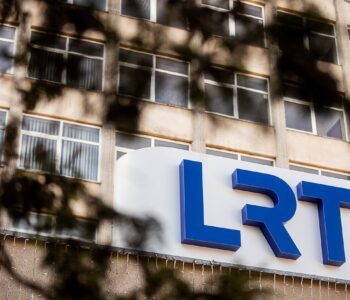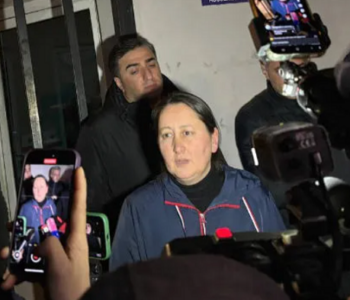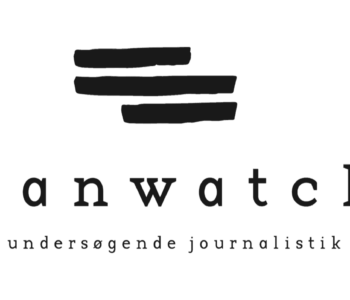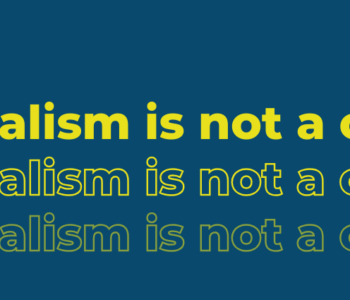 Library
Library
Bosnia and Herzegovina: MFRR and SJN condemn adoption of…
MFRR and SJN condemn adoption of foreign agent legislation in Bosnia’s entity Republika Srpska
The Media Freedom Rapid Response (MFRR) partners and SafeJournalists Network (SJN) strongly condemn the adoption of legislation in the Republika Srpska entity in Bosnia and Herzegovina which will establish a “special registry” of NGOs, many of which are independent media.
05.03.2025
Viewed as retaliation against government critics, this law raises concerns about its potential use in labeling independent media and civil society organisations as foreign agents. Our coalition has long opposed the adoption of such legislation in Republika Srpska and now calls for the approved law to be immediately rescinded and for the international community to forcefully oppose the law.
On 27 February, Republika Srpska voted in the so-called “foreign agent law”, with the parliamentary majority. Previously announced by the entity’s president, Milorad Dodik, the law was introduced under an urgent procedure. The adopted law is the same as the one proposed in 2023, with only legal deadlines changed.
Following Dodik’s recent conviction by the State Court for separatist actions defying the international envoy overseeing peace in the country, Republika Srpska has initiated urgent adoption of the set of decisions and laws that aim to undermine state institutions, as well as to put pressure on independent media and civil society.
The law regulates the permissible function and activities of NGOs who receive foreign funding, and subjects them to special registration and periodic reporting requirements. The text of the law that was previously made available as a draft to the MFRR delegation shows that the regulation establishes no minimum threshold of ‘foreign funding’. As such, NGOs would be required to regularly report on the sum and donor of the smallest contributions that they receive, which in itself imposes an onerous requirement that interferes with the daily work of civil society organisations. The law further bans NGOs, investigative media included, ‘political work’, and stipulates obligations to mark all NGO publications as ‘foreign agents.
The same day, the online media Capital.ba was raided by the local police, in an action resembling raids in neighbouring Serbia. The move has come in the midst of suspended US funding and increased tensions and pressures against media and civil society organisations across the region.
Foreign agent legislation adopted in Europe in recent years has had a detrimental impact on media freedoms, imposing a disproportionate administrative burden on independent media by attempting to control and reduce their funding, limiting their watchdog role by stigmatising their work, and in some cases pushing them into exile. This law in Republika Srpska has been opposed by the Organisation for Security and Cooperation in Europe (OSCE), the Council of Europe’s Commissioner for Human Rights, OSCE/ODIHR and Venice Commission Joint Opinion, and three UN independent experts.
MFRR partners and SJN partners emphasise that the adoption of foreign agent laws, and the unjustified use of urgent procedures undermine democratic principles at their core, and are largely disproportionate. Such laws risk creating opportunities for greater arbitrary actions and politically motivated harassment against independent media.
The undersigned organisations strongly urge Republika Srpska to halt the enactment of the foreign agent law and ultimately to repeal this law.
This statement was coordinated by the Media Freedom Rapid Response (MFRR), a Europe-wide mechanism which tracks, monitors and responds to violations of press and media freedom in EU Member States, Candidate Countries.









